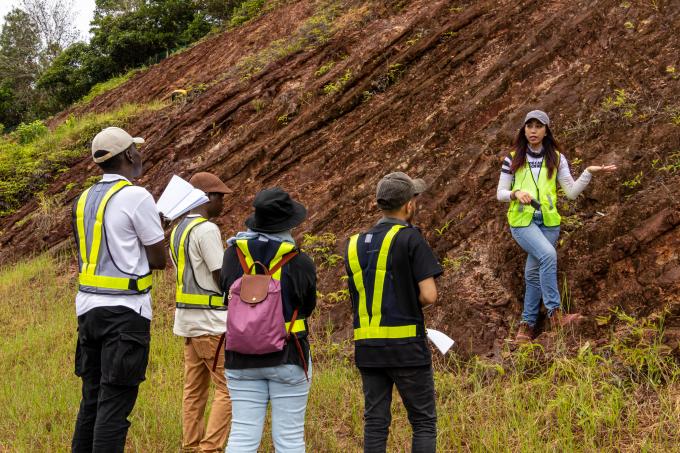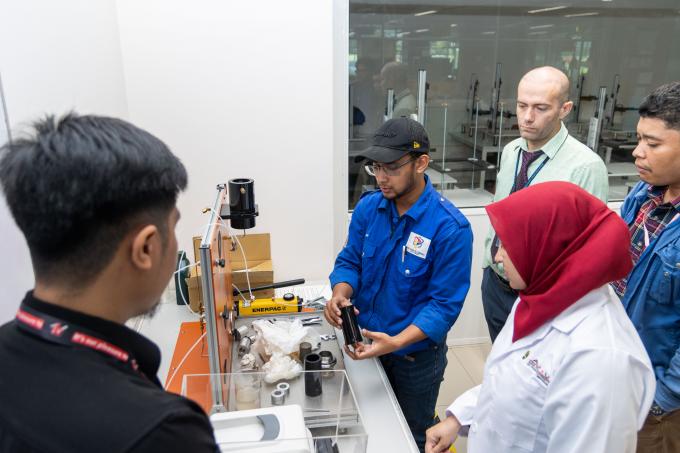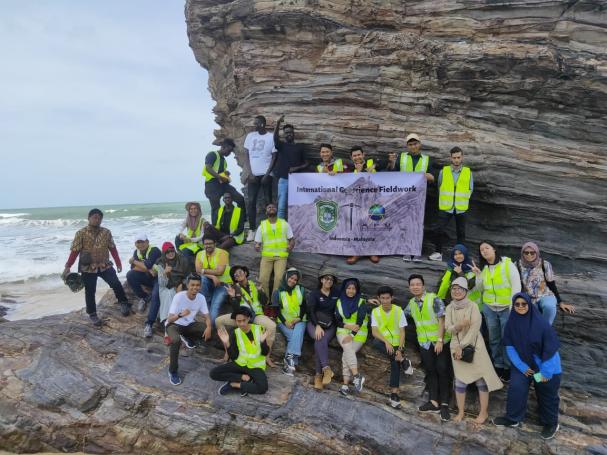
There are many myths circling the petroleum industry.
Some of the most common ones are that renewable energy will replace fossil fuels soon, the petroleum industry does not care about the environment and the oil industry is a monopoly.
Debunking this perception, Asia Pacific University of Technology & Innovation (APU) Bachelor of Petroleum Engineering programme leader Nur Ailie Sofyaiana Serasa points out some important facts that we should know about the oil and gas industry, the Petroleum Engineering degree and the outlook of this academic path.
Depletion of oil and gas is not true
Nur Ailie shares that the pipeline for substitute renewable energy fuels is already present, but it has not come to the mass market stage.
Until then, fossil fuels will still be in demand and highly relevant.
“This continued demand for traditional oil and gas means that the job of petroleum engineers is to make sure oil and gas extraction is more economical to produce and use, whilst minimising the impact on the environment,” she says.
“We need fresh innovative ideas to look into the possibilities of extracting hard-to-reach oil and gas, and this should come from the graduates studying the Petroleum Engineering degree.”
The key message she shares is that minimising the impact on the environment will be a crucial part of academic training for a qualified petroleum engineer.

Multi-disciplined faculty
To be a successful petroleum engineer in the field also requires a good grasp of knowledge of many other related disciplines in the industry.
This is why APU hosts a number of multidisciplinary professionals at its institution, so that students learn from academics who have related industrial experience, across multiple disciplines.
“For example, the exploration stage is a sub-discipline of earth science that requires the expertise of a geologist and mining engineer,” says Nur Ailie, who is both a petroleum engineer and geologist by profession.
Geologists are well-versed in materials, processes, products, and the physical nature and history of the earth.
Mining engineers, on the other hand, plan and supervise the processes involved in extracting minerals and the earth’s natural resources from mines – particularly coal, when it comes to the aspect of fossil fuels.
Apart from the two professions above, the Petroleum Engineering programme faculty at APU is also made up of chemical engineers, mechanical engineers and data scientists.
Need for skilled professionals
Post-graduate study paths and career prospects for students are abundant, as they can fulfil roles across the board.
The profession of petroleum engineers can be divided into several sub-disciplines that are labelled as Upstream, Midstream and Downstream.
Upstream, which focuses on oil and gas production and exploration, involves petroleum geologists, petrophysicists, geophysicists, reservoir engineers, drilling engineers, mud engineers, completion engineers and production engineers.
Midstream, which pertains to transport and storage, involves mechanical engineers and process engineers, while Downstream, which relates to product preparation and usage involves chemical engineers.

Infusion of IT, data and computing knowledge
APU’s Petroleum Engineering programme is 80% infused with software applications, which is in line with the digital transformation and productivity boost of the industry – providing graduates with career-ready skills.
APU’s industry-academia partnerships, with organisations such as CMG, Baker Hughes, Kappa, PE Limited and Rock Flow Dynamics Ltd, make it possible for students to use software that is on par with the industrial standard for their learning and research.
The institution is also one of the first universities in Malaysia to provide students with a combination of Integrated Product Modelling (IPM) and Reservoir Engineering Simulation (tNav) modern industrial tools.
APU provides students ample hands-on practical experiences using petroleum engineering-related software tools, which is also applied in their field development project and final year project works.

Professional recognition and accreditation
The Bachelor of Petroleum Engineering with Honours degree programme at APU is fully accredited by the Board of Engineers Malaysia (BEM).
This enables graduates to register as graduate engineers with BEM or relevant professional bodies across the globe, provided that they are signatories under the Washington Accord.
The Society of Petroleum Engineers (SPE) APU Student Chapter was established under the programme in February 2020. It is supported by SPE Kuala Lumpur and recognised by SPE International.
SPE is the best avenue to bridge the gap between undergraduates and the professional world of petroleum engineering, exposing members to the current best practices and enabling familiarisation with the industrial ecosystem globally.
This ultimately enhances their professional and personal development towards a successful career, without borders.
Upon enrolling in the Petroleum Engineering degree programme, students will have the option to opt-in for the APU-DMU dual degree scheme.
Under this scheme, students will receive two sets of degree certificates and transcripts upon graduation, with one from APU and another from De Montfort University in the UK.
You can also read this article here – TheStarPicks
News & Happening
Download e-Brochures
Intake Calendar
Want to know more ?
Let’s Connect